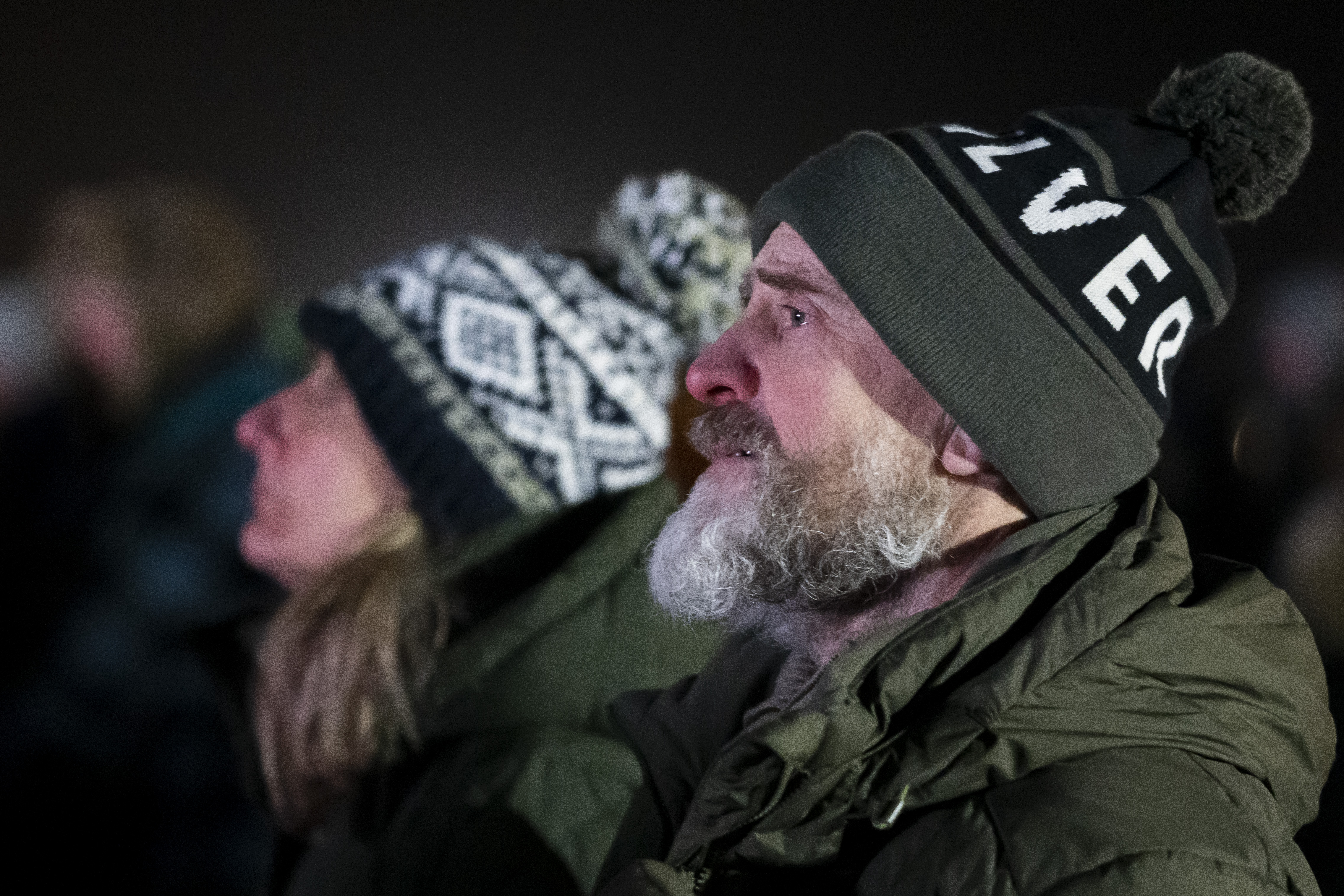
The first attempt to launch satellites into orbit from the United Kingdom ended in failure on Monday, after a technical anomaly prevented the rocket from reaching space. The failed launch delivered a blow to Virgin Orbit, the company that carried out the launch, as well as to British onlookers who hoped the historic event might signal a new era for the nation in space.
Dan Hart, CEO of Virgin Orbit, expressed disappointment about the failure of their LauncherOne rocket, and the loss of nine satellites it carried, in a statement released on Tuesday.
“While we are very proud of the many things that we successfully achieved as part of this mission, we are mindful that we failed to provide our customers with the launch service they deserve,” Hard said. “We will work tirelessly to understand the nature of the failure, make corrective actions, and return to orbit as soon as we have completed a full investigation and mission assurance process.”
For decades, the U.K. has tried to develop a homegrown spaceport that could launch missions to orbit from British soil, but these efforts have repeatedly fallen short, leaving the nation depending on launch facilities elsewhere in the world. Virgin Orbit, a California-based company within Richard Branson’s Virgin Group, aimed to finally fulfill this longtime ambition by launching an orbital mission called “Start Me Up,” after the Rolling Stones song, from Newquay, Cornwall.
Most rockets lift off from grounded launchpads, but LauncherOne is designed to blast off in midair after it is dropped from the belly of a plane. The rocket was loaded onto a modified Boeing 747, called Cosmic Girl, that took off from Newquay’s Spaceport Cornwall shortly after 10pm GMT on Monday. After cruising for about an hour, LauncherOne separated from the plane off the southern coast of Ireland, and successfully ignited its starting engines.
For several minutes, it appeared as if the mission was proceeding as planned. The problem arose during the firing of the rocket’s second stage engine, though it’s still not clear what exactly went wrong. Regardless, LauncherOne and its cargo drifted off course and may have fallen back to Earth over the Atlantic Ocean. The satellites lost by the mission include an orbital manufacturing test by the company Space Forge, a navigation satellite developed in part by the European Space Agency, and several British defense satellites.
While the failure is a setback for the U.K.’s nascent launch capacities, Virgin Orbit and Spaceport Cornwall reiterated their commitment to bringing orbital spaceflight to the nation as soon as possible.
“Today we inspired millions, and we will continue to look to inspire millions more, not just with our ambition but also with our fortitude,” said Melissa Thorpe, head of Spaceport Cornwall, in a statement. “Yes, space is hard, but we are only just getting started.”
Related posts:
Views: 0
 RSS Feed
RSS Feed
















 January 11th, 2023
January 11th, 2023  Awake Goy
Awake Goy  Posted in
Posted in  Tags:
Tags: 
















